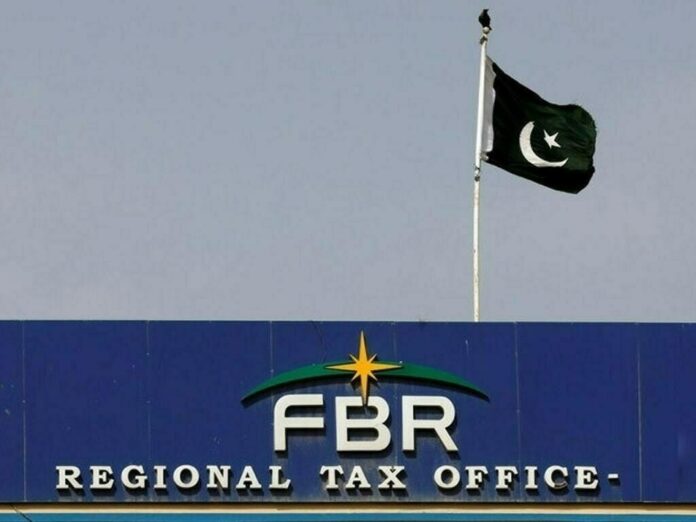Under the amended Tax Laws (Amendment) Bill 2024, the Federal Board of Revenue (FBR) will now share income tax returns data with banks to cross-check it with banking records.
The move aims to tighten compliance and curb tax evasion by implementing restrictions on economic activities for non-filers.
The bill defines two categories: “eligible persons,” who have filed income tax returns and disclosed sufficient resources, and “ineligible persons,” who fail to meet these criteria.
Non-filers will be banned from purchasing or registering motor vehicles, conducting real estate transactions beyond specified thresholds, trading securities, and opening or operating bank accounts.
The law also allows FBR to exchange banking and tax information for high-risk individuals with financial institutions.
The FBR may share key data with banks, including turnover, taxable income, wealth statements, and bank account numbers declared in income tax filings. In turn, banks are required to report discrepancies in their records against FBR-provided algorithms.
The Commissioner of Inland Revenue is authorized to bar operations of bank accounts for individuals who fail to register for sales tax under the Sales Tax Act. Similar restrictions will apply to property registration and business activities for non-compliant individuals.
In a bid to enforce tax compliance, the bill grants Chief Commissioners the authority to seal business premises, seize movable property, or appoint a receiver to manage taxable activities of unregistered entities.
Moreover, banks are restricted from opening or maintaining accounts for ineligible persons, barring exceptions for low-threshold “Asaan” accounts. Cash withdrawals from bank accounts exceeding thresholds set by the FBR will not be permitted.
However, exceptions include purchases of motorcycles, rickshaws, tractors, and light vehicles with engine capacities up to 800cc, which will remain unrestricted for ineligible persons. Investment in securities will also be capped at limits specified by the FBR.
























